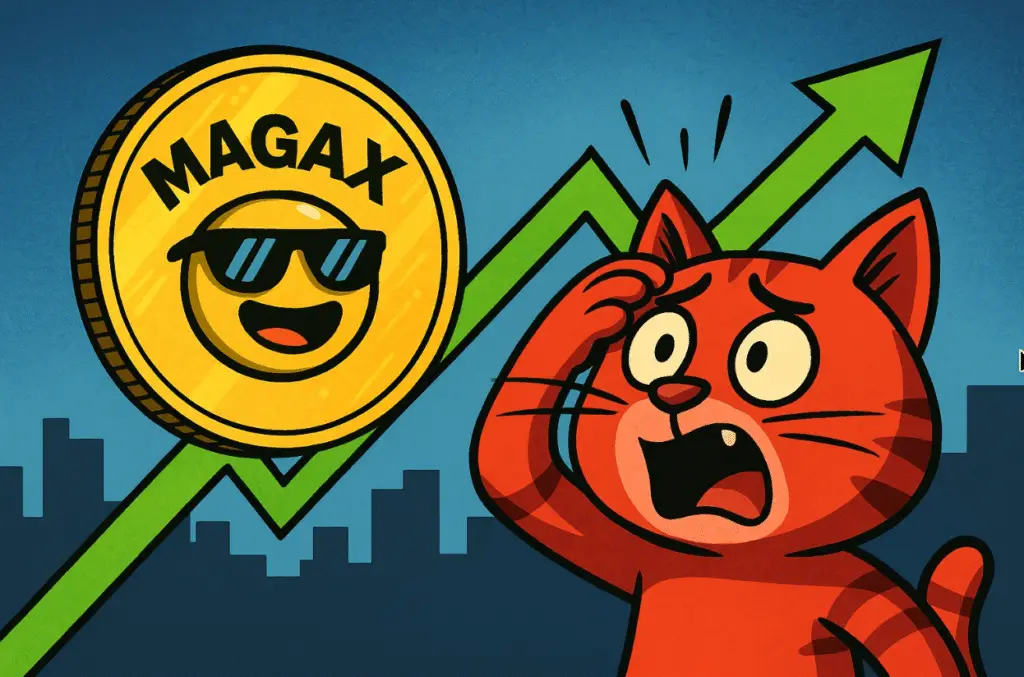What Is the GENIUS Act?
The Senate voted 66-22 late Monday to advance the GENIUS Act, a bill designed to regulate stablecoins, a category of cryptocurrencies pegged to assets such as the U.S. dollar or gold. Stablecoins are intended to offer a less volatile alternative to traditional cryptocurrencies, making them easier to use for everyday transactions.
The bill imposes rules on stablecoin issuers, requiring them to hold a reserve of assets backing the coins to ensure liquidity. This aims to prevent situations where holders could be unable to redeem their tokens in a market downturn. It also mandates that stablecoin holders receive priority repayment if the issuer declares bankruptcy. Anti-money laundering and anti-terrorism sanctions rules are also part of the legislation’s safeguards.
A Vote Marked by Political Divides
While the bill passed with significant bipartisan support, including 16 Democrats such as Senators Cory Booker and Adam Schiff, some opposition came from Democrats concerned about President Donald Trump’s involvement in cryptocurrency ventures. Despite these concerns, the measure garnered enough votes to move forward in the Senate, signaling a growing willingness to regulate the crypto sector more formally.
This vote highlights the tension between the desire to foster innovation in digital assets and the need for adequate consumer protections in a market still viewed by many as volatile and unregulated.
Supporters See a Path to Mainstream Adoption
Advocates of the GENIUS Act view it as a foundational step toward bringing stablecoins into the mainstream financial ecosystem. Christian Catalini, founder of the MIT Cryptoeconomics Lab, praised the bill, telling ABC News, “This sets the stage for these assets to go mainstream.”
Catalini emphasized how the new rules will encourage competition and innovation among stablecoin issuers, ultimately benefiting consumers by offering more choices and reliable products. He noted that regulatory clarity removes the burden on consumers to distinguish trustworthy stablecoins from risky ones, shifting competition to product quality and use cases.
The legislation’s supporters argue that formalizing stablecoin rules will attract conventional financial firms to the space, potentially expanding the adoption of digital currencies for payments and other financial instruments.
Critics Warn of Weak Protections
Despite these optimistic views, critics argue that the GENIUS Act offers only a weak regulatory framework that could leave consumers vulnerable and fail to curb illicit activities linked to stablecoins. Senator Elizabeth Warren, a vocal opponent, stated on the Senate floor, “While a strong stablecoin bill is the best possible outcome, this weak bill is worse than no bill at all.”
Warren’s criticism centers on the bill’s failure to adequately address conflicts of interest and the risk of regulatory capture. She points to President Trump’s stablecoin ventures as a prime example of how loopholes could be exploited.
Concerns Around Conflict of Interest
The controversy is heightened by recent events involving a Trump-backed crypto firm, World Liberty Financial, which issued a stablecoin called USD1. Earlier this month, an Abu Dhabi-based investment firm used that stablecoin to invest $2 billion in the cryptocurrency exchange Binance, positioning Trump’s company to profit from the deal. Trump has denied any wrongdoing.
The bill contains a provision to “prohibit any member of Congress or senior executive branch official from issuing a payment stablecoin product during their time in public service.” However, critics like Warren argue the measure still leaves room for influence and abuse.
What Lies Ahead for Stablecoin Regulation?
As the GENIUS Act moves forward, it represents a critical moment for the cryptocurrency industry. The legislation attempts to balance innovation with consumer protection in an evolving market. Its passage could open new opportunities for digital payments and financial tools based on stablecoins.
However, the debate around the bill’s strengths and weaknesses shows the challenge lawmakers face in regulating a complex and rapidly changing sector. The coming months will likely reveal how the GENIUS Act shapes the future of stablecoins and the broader crypto landscape.















